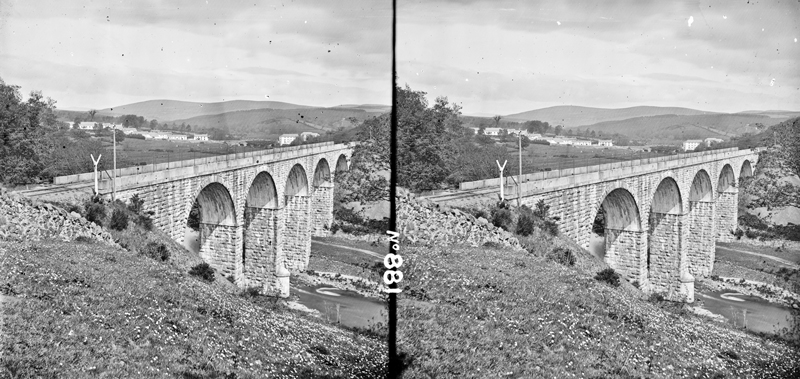No end to railway crisis as train company manager claims burden of nationalisation too great
Dublin, 14 December 1922 – No agreement has been reached between the railway companies and their workers in advance of the termination of the national agreement on wages and conditions on 31 December.
Proposals presented by the railway companies have been rejected by the railway trade unions, who demanded nationalisation in line with the recommendation of the recent majority report of the Railway Commission.
With the failure of managers and trade unions to reach an agreement, it now falls to the governments of the Irish Free State and Northern Ireland to make an effort to bring the sides together.
M.F. Keogh, general manager of the Midlands and Great Western Railways said last night that nationalisation would place too great a burden on the shoulders of the state which would assume responsibility for a deficit which, while large today, is likely to be far larger in 12 months’ time.
Mr Keogh was speaking at a meeting of the Trinity College Dublin (TCD) Historical Debating Society which was debating the motion ‘That this House approves of the Nationalisation of Railways’.
Speaking to his Trinity College audience, Mr Keogh said it was quite clear why Labour interests favoured nationalisation.
‘All of us recognise – and nobody more clearly than I – that Labour is entitled to a fair share out of the industry. They were partners, and therefore entitled to proper conditions and to proper pay. Under nationalisation they believe – I do not think there is any disguise about it – that their position would be created unassailable. If they are right that means that the cost of running the railways would be greater than it is now.’ He stated that at the moment very few railways were run at a profit and that most in Ireland were run at a loss. If nationalisation were to occur tomorrow the burden of compensating shareholders and meeting the deficit would fall on the state.
The TCD motion was defeated by 13 votes to 3.
[Editor's note: This is an article from Century Ireland, a fortnightly online newspaper, written from the perspective of a journalist 100 years ago, based on news reports of the time.]





















